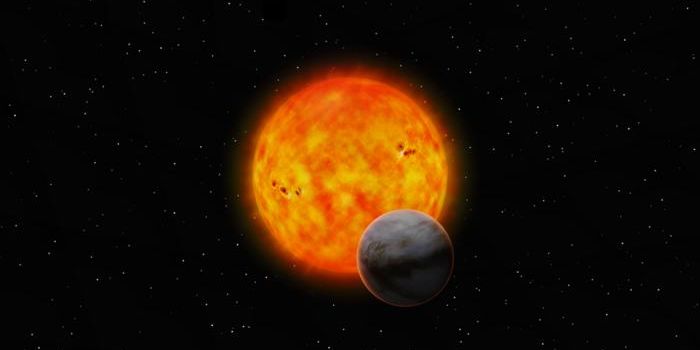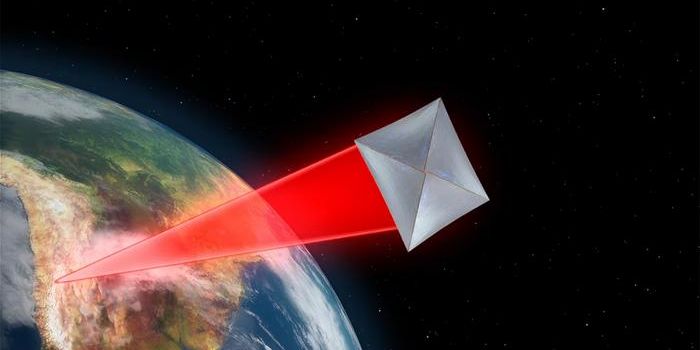Hydrogen production method could power your car
Gas prices have been skyrocketing to unprecedented and historic levels in just the last few months, and with no end in sight anytime soon. While electric vehicle companies such as Tesla are making positive headway toward a more sustainable future, the vast majority of humanity is still stuck with those pesky gas guzzlers for our everyday living. But what if there was another fuel method other than gas and electric that you can choose from to power your car?
In a recent study published in Applied Catalysis A: General, researchers at Washington State University used an ethanol and water mixture and a small amount of electricity in a novel conversion system to produce pure compressed hydrogen. The innovation means that hydrogen could be made on-site at fueling stations, so only the ethanol solution would have to be transported. It is a major step in eliminating the need to transport high-pressure hydrogen gas, which has been a major stumbling block for its use as a clean energy fuel.
"This is a new way of thinking about how to produce hydrogen gas," said Su Ha, professor in the Gene and Linda Voiland School of Chemical Engineering and Bioengineering and corresponding author on the paper published in the journal, Applied Catalysis A. "If there are enough resources, I think it has a really good chance of making a big impact on the hydrogen economy in the near future."
Using hydrogen as a fuel for cars is a promising but unrealized clean energy. Like an electric-powered car, a hydrogen fuel-cell powered car doesn't emit any harmful carbon dioxide. Unlike an electric car, it can be filled up with hydrogen gas in minutes at hydrogen fueling stations.
Despite the promise of hydrogen technology, however, storing and transporting high-pressure hydrogen gas in fuel tanks creates significant economic and safety challenges. Because of the challenges, there is little hydrogen gas infrastructure in the U.S., and the technology's market penetration is very low.
The researchers are working to scale up the technology and operate it in a continuous manner. They also are working to make use of the carbon dioxide captured in the liquid.
As stated, while Tesla is making positive headway in the electric vehicle department. But hydrogen is currently being utilized to power the fuel cells, as opposed to powering the entire car. What new advancements will we make in the ways of hydrogen? Only time will tell, and this is why we science!
As always, keep doing science & keep looking up!
Sources: Applied Catalysis A: General, US Department of Energy








